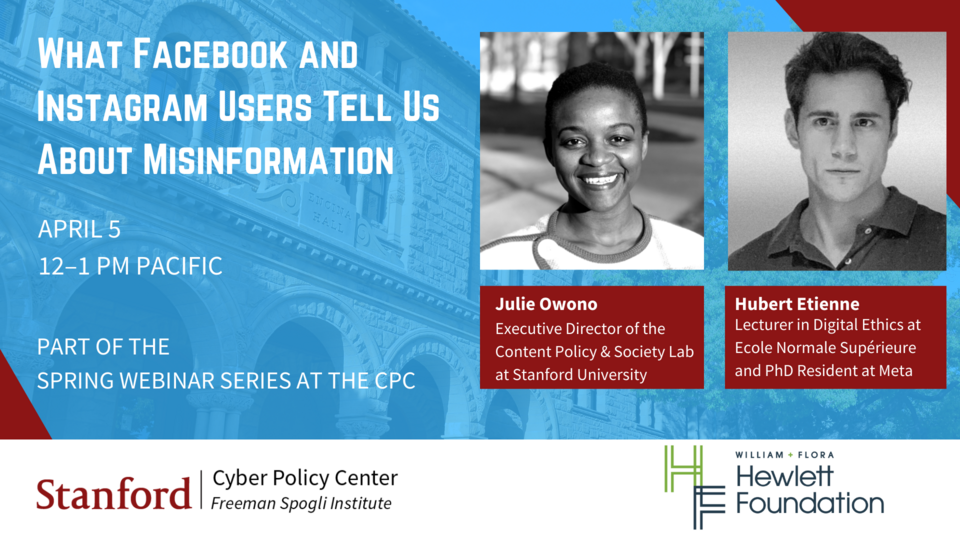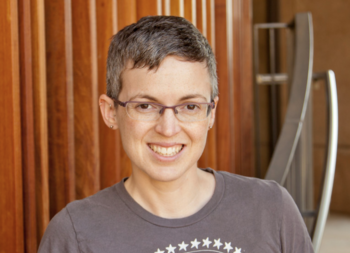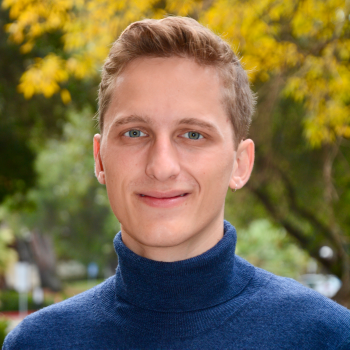The Divergent Paths of Taiwan and Hong Kong

About The Seminar:
Both Taiwan and Hong Kong face increasing threats of online misinformation and cybersecurity risks, but the freedoms of the Internet for their citizens appear to be heading in opposite directions. From censorship and surveillance to influencing public opinions and elections, what are the lessons from the experiences of Hong Kong and Taiwan for the world?
Our speakers will provide an overview of the state of internet freedom in Hong Kong from before to after the enactment of the National Security Law in 2020. Censorship and surveillance are on the rise, and a misinformation law is looming on the horizon, to give the government and the police even more unfettered power. We will also cover the techniques used by cyber intrusion groups aimed at toppling election campaigns. Drawing research work from Taiwan AI Labs, we elaborate on how AI is used to track misinformation on social media particularly on Chinese-language speaking portals.
Jason Hsu is Senior Research Fellow at The Ash Center for Democratic Governance and Innovation Harvard Kennedy School. From 2016 to 2020 Hsu served as Legislator At-Large in Taiwan’s Legislative Yuan (national parliament) overseeing technology policy, development, entrepreneurship and innovation. Known as Crypto Congressman, Jason is credited for setting up Asia Blockchain Alliance (ABA),Taiwan Parliamentary Coalition for Blockchain (TPCB) and Self- Regulatory Organization(SRO).
Charles Mok is a Visiting Scholar at the Global Digital Policy Incubator. Prior to his time at Stanford, Charles served as an elected member of the Legislative Council in the Hong Kong Special Administrative Region, representing the Information Technology functional constituency, for two terms from 2012 to 2020. He served alternatively as chair and vice chair of the Information Technology and Broadcasting Panel from 2016 to 2020. As a lawmaker, Charles was a champion for policies and legislations on privacy, open data, freedom of expression and information, cybersecurity, innovation, fintech, electronic health records, as well as human rights and democracy.
Larry Diamond is a senior fellow at the Hoover Institution, the Mosbacher Senior Fellow in Global Democracy at the Freeman Spogli Institute for International Studies (FSI), and a Bass University Fellow in Undergraduate Education at Stanford University. He is also professor by courtesy of Political Science and Sociology at Stanford. He leads the Hoover Institution’s programs on China’s Global Sharp Power and on Taiwan in the Indo-Pacific Region. At FSI, he leads the Program on Arab Reform and Democracy, based at the Center on Democracy, Development and the Rule of Law, which he directed for more than six years. He also co-leads with (Eileen Donahoe) the Global Digital Policy Incubator, based at FSI’s Cyber Policy Center. He is the founding coeditor of the Journal of Democracy and also serves as senior consultant at the International Forum for Democratic Studies of the National Endowment for Democracy. His research focuses on democratic trends and conditions around the world and on policies and reforms to defend and advance democracy.
Charles Mok
Charles is a Research Scholar at the Global Digital Policy Incubator of the Cyber Policy Center at Stanford University, a member of the Board of Trustees of the Internet Society, and a board member of the International Centre for Trade Transparency and Monitoring. Charles served as an elected member of the Legislative Council in the Hong Kong Special Administrative Region, representing the Information Technology functional constituency, for two terms from 2012 to 2020. In 2021, he founded Tech for Good Asia, an initiative to advocate positive use of technology for businesses and civil communities. As an entrepreneur, Charles co-founded HKNet in 1994, one of the earliest Internet service providers in Hong Kong, which was acquired by NTT Communications in 2000. He was the founding chair of the Internet Society Hong Kong, honorary president and former president of the Hong Kong Information Technology Federation, former chair of the Hong Kong Internet Service Providers Association, and former chair of the Asian, Australiasian and Pacific Islands Regional At-Large Organization (APRALO) of ICANN. Charles holds a BS in Computer and Electrical Engineering and an MS in Electrical Engineering from Purdue University.













